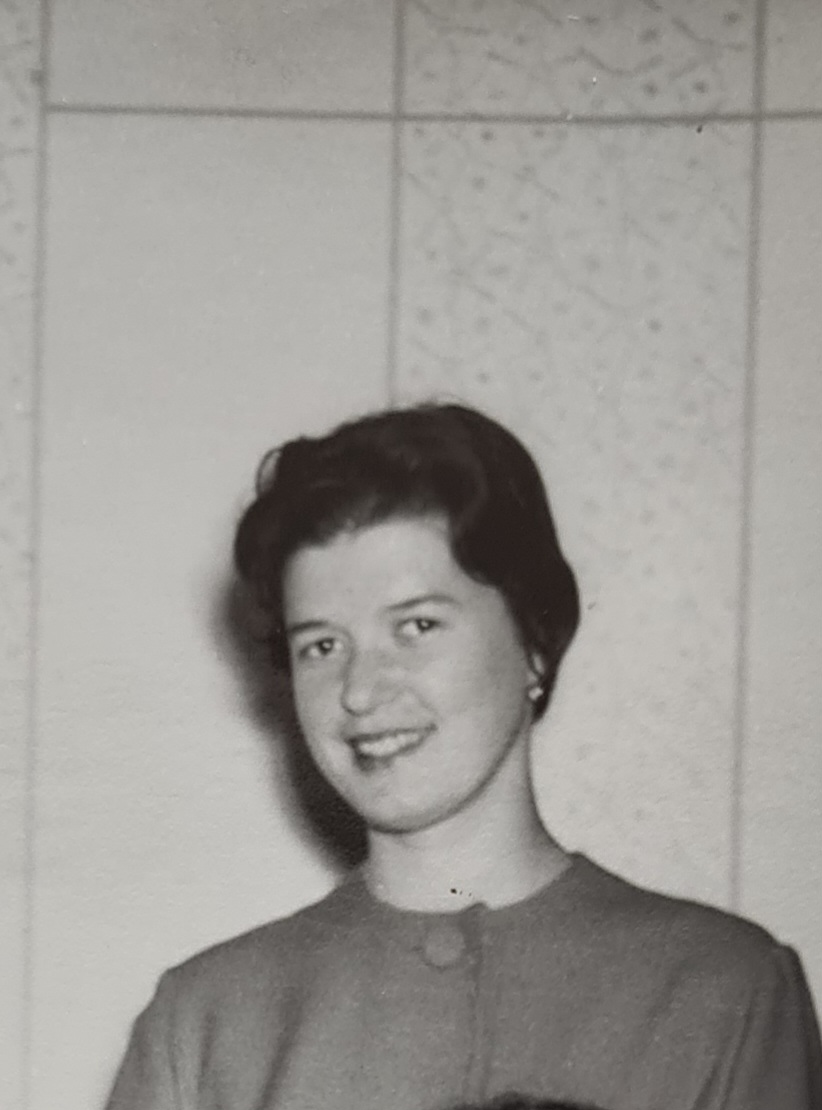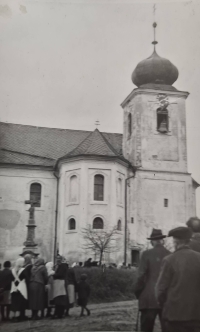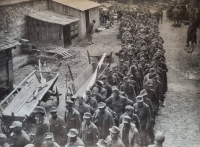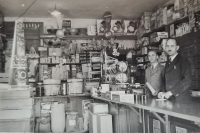With a camera against repression. Documenting injustice can be a form of resistance

Download image
Dagmar Popeláková was born on 4 December 1939 in Jaroměřice as the second child of Eduard and Anastázia Popelákovi. She had an older sister Alena. Her father Eduard was a prominent Jaroměřice merchant, amateur photographer, mayor of Sokol and a veteran of the First World War. During the First Republic he built his own shop and a petrol station. After the nationalisation he worked until the end of his life as the manager of the industrial shop Jednota. He did not actively oppose the repression during the Second World War and later under the communist regime, but he honestly documented the major historical events of the village. His daughter Dagmar Popeláková followed in his footsteps, trained at the trade school and together with him sold at Jednota in Jaroměřice. She carefully preserved her father’s archive as well as the story of the local noble family of Thurn-Taxis, which was fundamentally affected by the dramatic events of the end of the war. She still maintains a friendly relationship with one of their descendants, Jan Lork. Dagmar Popeláková remained unmarried. In 2023 she lived in Jaroměřice, in the same house where her father ran his shop in the first half of the 20th century.





























